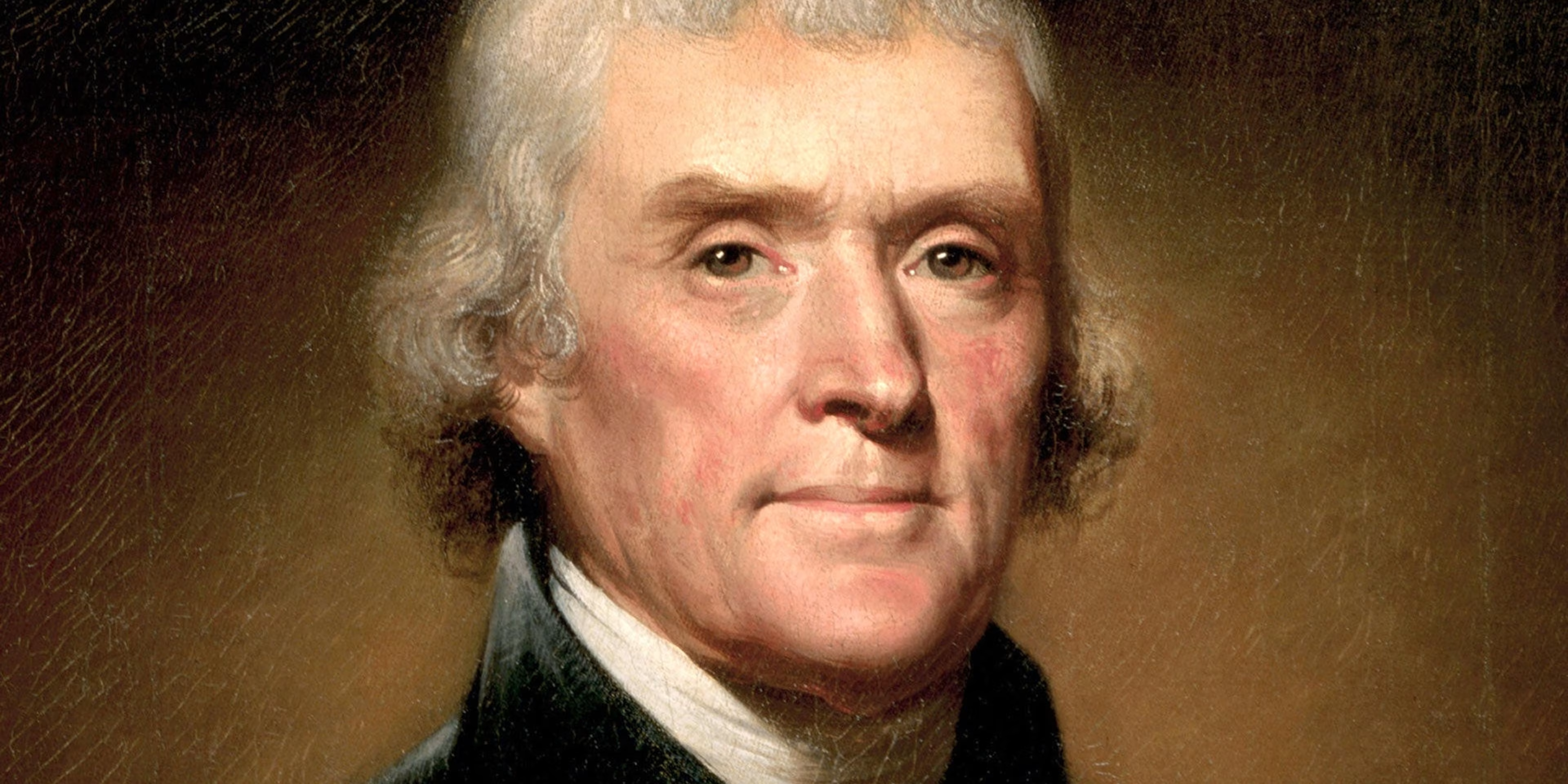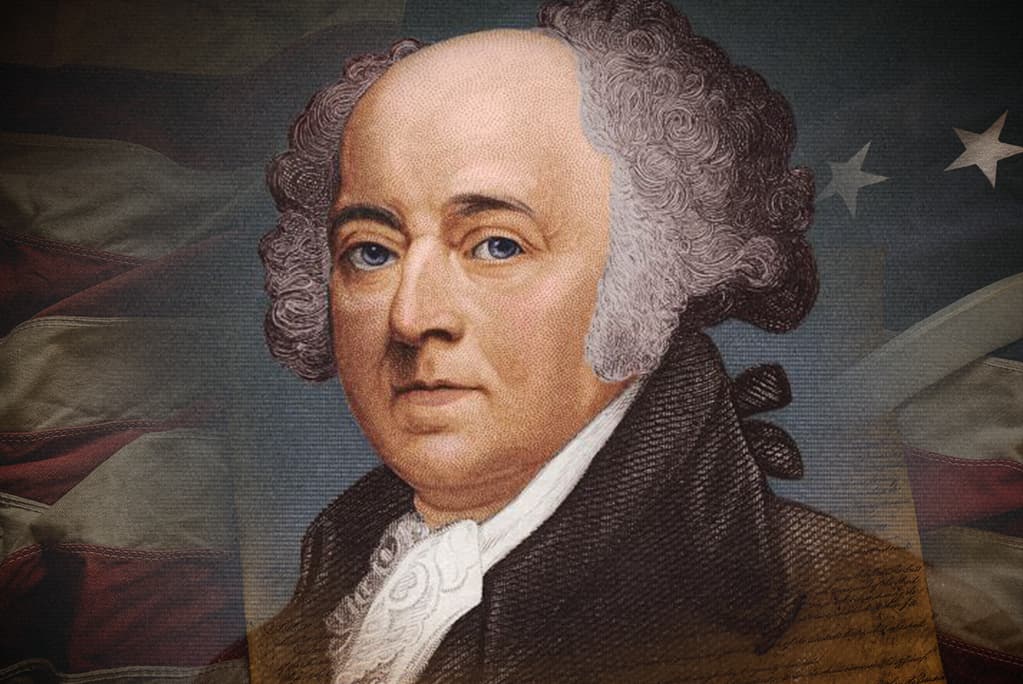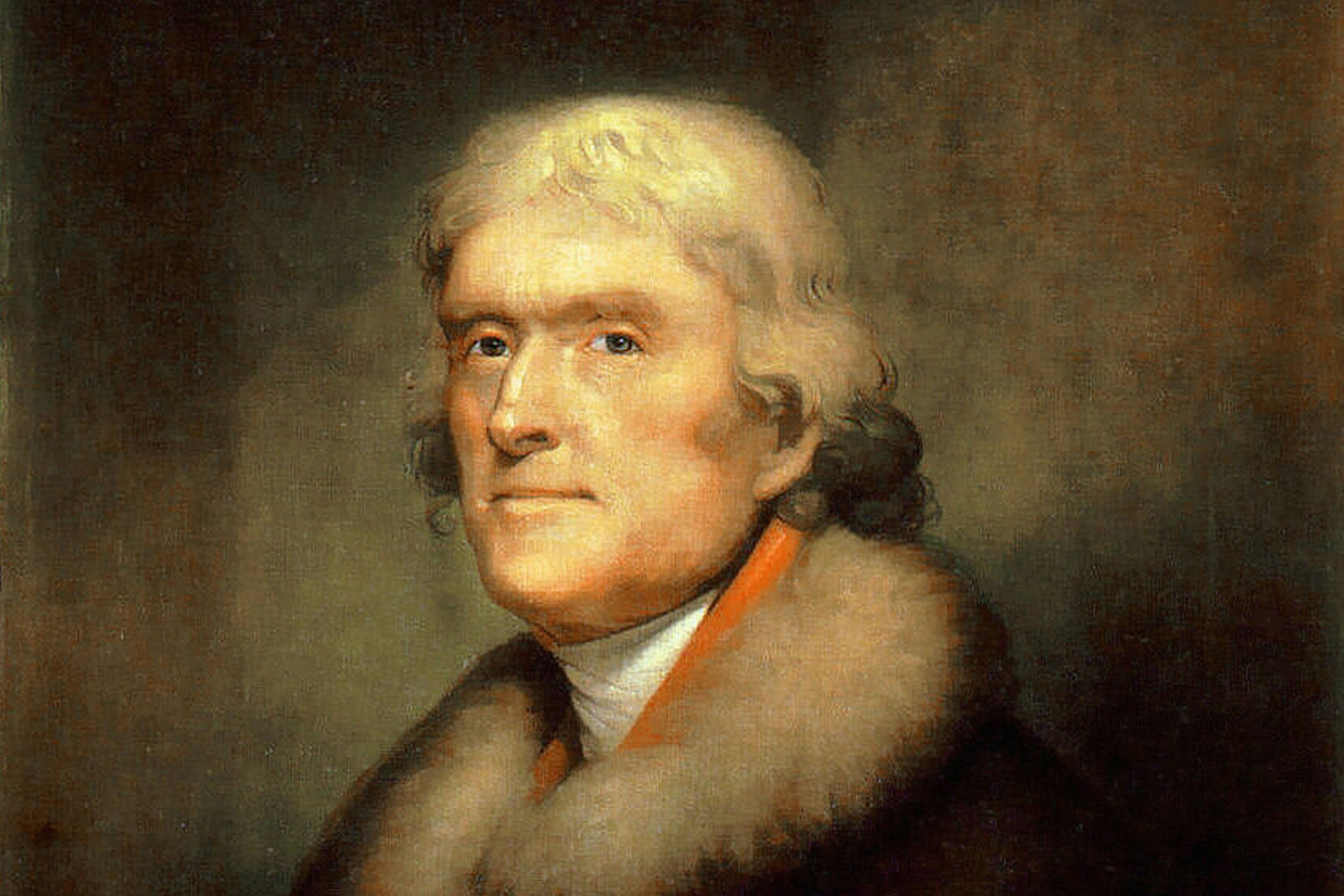Thomas Jefferson

Portrait of Thomas Jefferson, third President of the United States and author of the Declaration of Independence
Biography
Born in 1743 in Virginia, Thomas Jefferson was the son of a surveyor and a member of the powerful Randolph family. He came of age in the Enlightenment and immersed himself in science, philosophy, and law. After graduating from the College of William & Mary, he studied under legal powerhouse George Wythe and soon entered public life through the Virginia House of Burgesses.
Jefferson’s political writings earned him early fame, but it was his pen that shaped America’s destiny. In 1776, he was tapped to draft the Declaration of Independence—a searing indictment of tyranny and a bold embrace of natural rights. His phrase 'life, liberty, and the pursuit of happiness' became a national creed, even as Jefferson himself wrestled with its contradictions.
As governor of Virginia, ambassador to France, secretary of state, and vice president, Jefferson helped define America’s role at home and abroad. But it was his presidency that altered the nation’s geography. With the Louisiana Purchase, he doubled the size of the country, sending Lewis and Clark westward into the unknown. He also fought to limit federal power and reduce the national debt, all while navigating foreign tensions and domestic controversies.
Despite his advocacy for liberty, Jefferson enslaved hundreds and fathered children with Sally Hemings, one of the women he enslaved. His vision of America was shaped by Enlightenment ideals, yet marred by racial injustice. Even in death, his contradictions endure.
In retirement, Jefferson founded the University of Virginia—one of his proudest legacies. He designed its buildings, its curriculum, and its secular values. He died on July 4, 1826, exactly fifty years after the Declaration’s adoption, just hours before his old rival John Adams passed. On his tombstone, he listed three achievements—not president—but author of the Declaration, architect of religious freedom, and founder of a public university. A founding father who dreamed of liberty, but left justice unfinished.
Thomas Jefferson put words to America’s founding myth—then struggled to live up to them. He inspires and unsettles in equal measure. He reminds us that greatness can coexist with blindness, that eloquence can mask injustice, and that liberty requires constant vigilance. If democracy is a living experiment, then Jefferson’s legacy is a cautionary tale and a call to action all at once.
?
How can we reconcile Jefferson’s ideals about freedom with his actions as a slaveholder?
Why did Jefferson choose to highlight his authorship of the Declaration and the founding of a university rather than his presidency on his tombstone?
What role did Jefferson’s vision of westward expansion play in shaping the United States—and at what cost?
How did Jefferson’s religious views influence the First Amendment and the idea of church-state separation?
What can Jefferson’s contradictions teach us about leadership, legacy, and accountability?
How did Jefferson’s rivalry with Hamilton shape early American politics?
In what ways did Jefferson’s design for the University of Virginia reflect his Enlightenment values?
Dig Deeper
Thomas Jefferson was a founding father of the United States — but were his principles outweighed by his participation in slavery?
Discover more

Benjamin Franklin
Printer, publisher, scientist, inventor, diplomat, and philosopher, Benjamin Franklin shaped nearly every aspect of early American life.

John Adams
As a lawyer, diplomat, political philosopher, and the second President of the United States, John Adams helped shape the very idea of American liberty.

Abraham Lincoln
Born in a Kentucky log cabin and shaped by hardship, Abraham Lincoln rose to lead the nation through its greatest moral and constitutional crisis—the Civil War.
Further Reading
Stay curious!
